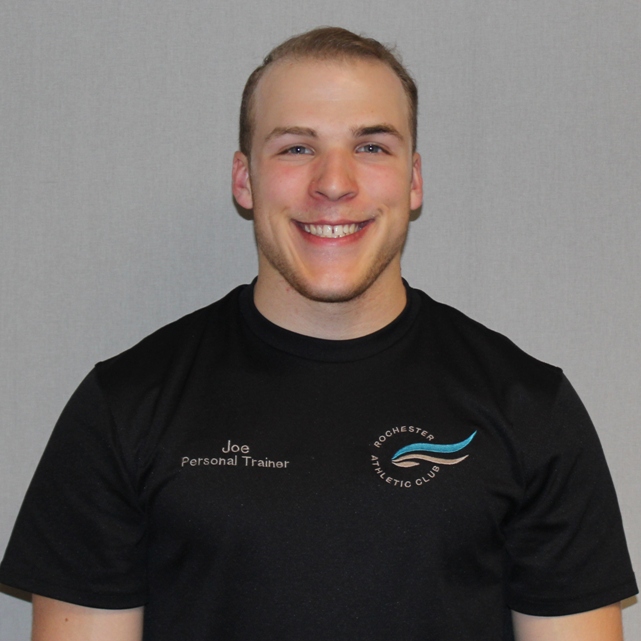We have all been beginners at one time. Also, sometimes life happens and we take extended breaks from practicing certain skills. When we return after the break we find ourselves somewhat of a beginner again. This is true not only in life, but also in the gym.
If you are new to exercise, or if you have been away from it for a while, my goal with this blog is to provide some easy to apply ideas to help get you started. They will help to make your time in the gym as effective as possible so you can achieve the most results in the shortest period of time.
Training Frequency
The training plans I put together for beginners start off with just 1-2 workouts a week. Here are two of the most important reasons to start small:
- When you first start going to the gym you are most likely in a very motivated state of mind. That won’t always be the case, so make your goal with this in mind. Be realistic and create a plan that you can stick to even on the worst weeks.
- 1-2 days a week is a good starting point because initially your body does not need a lot of work to start seeing results in the gym. As a beginner you will experience “newbie gains”. This means that for a short time your body will respond substantially to just one or two days of lifting weights.
After a few weeks or months (depending on experience level) you will need to increase the dose of exercise to continue to see great results. There are many ways to increase your weekly exercise dosage:
- You can add another workout each week, going from 1 workout to 2 workouts or going from 2 workouts to 3 workouts.
- You can make your current workout period longer. For example, changing from 30 minutes to 45 minutes.
- You can make your workout more intense. You can do this by shortening rest times, or by increasing weights/sets/reps
Exercise Selection
Most beginner programs start with full body routines. My clients usually do legs, chest, back, arms, shoulders, and core in a single workout. This is an effective strategy for your work out as it ensures that you don’t miss any of the important muscle groups that should be trained weekly.
Selecting appropriate exercises for each muscle group area is important. Exercises can sometimes sound too hard or scary, or there may be a movement involved that you don’t think you can do. Some exercises are not necessarily bad, but they are not appropriate for everyone at the current time. For example, if a workout says to do pull-ups and you are not ready for those, then choose to do a modified version of the exercise like a seated lat pull down or a dumbbell row.
An Example Weekly Workout Routine:
What follows is an example of a twice a week workout routine. I have left out instructions for sets, reps and rest periods because those need to be explained in detail, and tailored to the individual.
Day 1 Workout
Primary Exercises
- Squat
- DB Bench
- Pull-ups
Secondary Exercises
- DB Skull Crushers
- DB Curls
- DB Shrugs
- DB Rear Delt Fly’s
Finishing Exercises
- Standing Calf Raises
- Physio Ball Crunches
Day 2 Workout
Primary Exercises
- Barbell Deadlift
- DB Shoulder Press
- Barbell Row
Secondary Exercises
- Triceps Press Down
- Barbell Drag Curls
- BB Shrugs
- DB Lateral Raises
Finishing Exercises
- Seated Calf Raises
- Hanging Leg Raises
Exercise Order
Both example days start off with primary exercises that include a lower body exercise, then an upper body pushing exercise, and lastly an upper body pulling exercise. All of these are “compound movements” that move multiple joints while being executed. “Isolation exercises”, like a biceps curl where you utilize a single joint and fewer muscles, are done in the later secondary and finishing sections of the workout.
Why should you start each workout with compound movements? Because at the beginning of each workout is when you will have the most energy. If you spend the start of your workout doing isolation exercises, like biceps curls and calf raises, you will be more depleted of energy and be less focused by the time you come to an exercise like a squat or deadlift. Doing compound exercises like a squat or deadlift with less focus can increase the likelihood of getting injured.
Warm Up Before Your Workout
Warm ups can be general or specific. A general warm up could be doing cardio on a machine for a few minutes, followed by a few dynamic stretches that feel good. A specific warm up is when you know your body very well and have handpicked warm ups/movements that fit both the needs of your individual body and the needs of the workout to come. For example, if you find that your back is usually tight when you do squats, you could spend a few minutes before you squat to mobilize and prime your back for the work to come.
Injury prevention is critical if you want to achieve your goals. Getting injured can be a major setback and one that is almost completely avoidable. Having the right training frequency, selecting appropriate exercises, properly ordering your workout, and warming up can all help to avoid injury and keep you on the right path.
In Conclusion
Whether you are a new beginner, or just beginning again, hopefully these ideas will help to guide you to a productive workout. Even if you are intermediate or advanced exerciser you may find that you can take some of these tips to heart to help improve your workouts. In either case, I hope you have a great next workout - see you at the gym!

Joe Jones
Joe is an ACE Certified Personal Trainer, as well as a CrossFit Level 1 Trainer. Joe trains for competitions that involve HIIT (High Intensity Interval Training), olympic weightlifting, and gymnastics as well as powerlifting. When he's not at work he's coaching high school track and field. Joe enjoys spending time with his family and friends.
Contact Joe Jones



